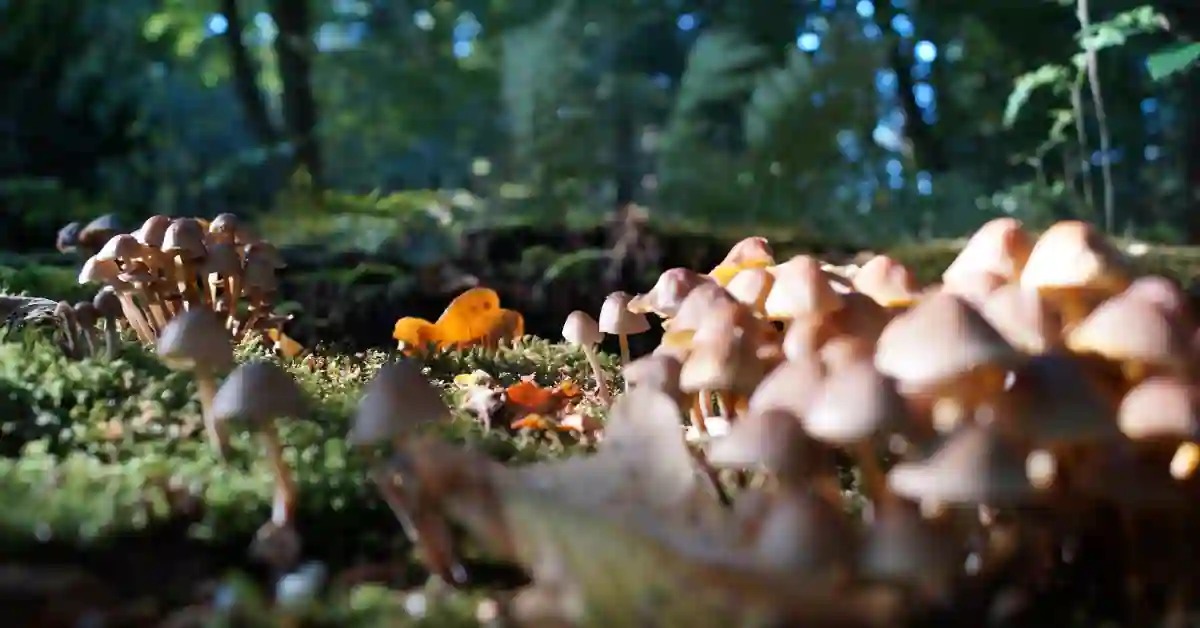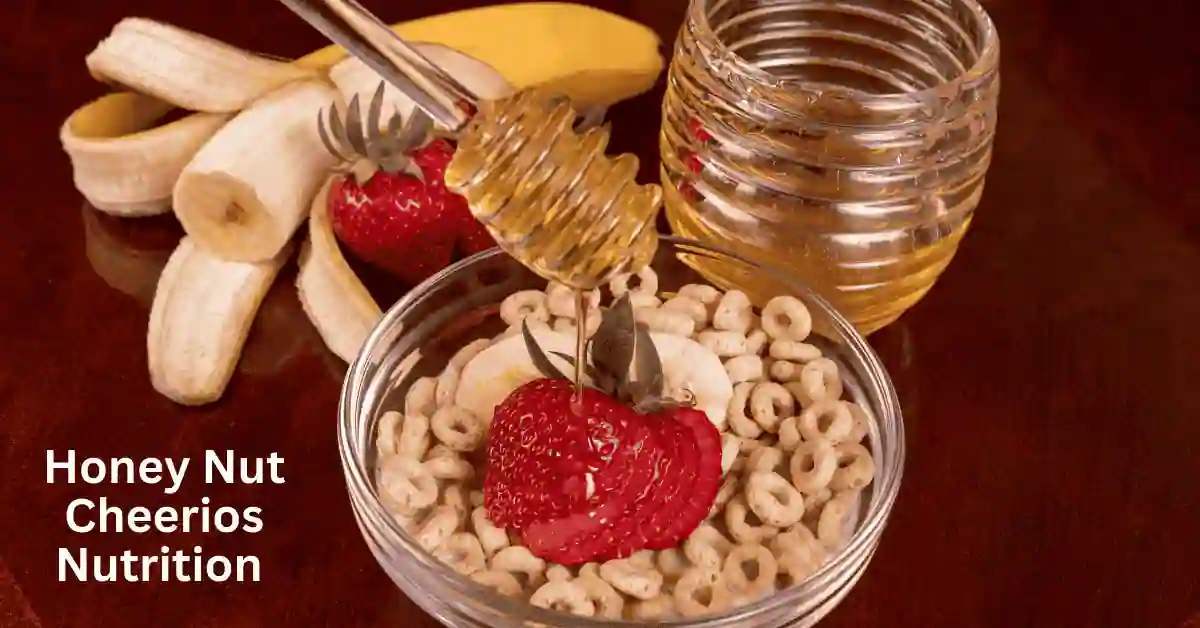Ever asked yourself, “How long do shrooms stay in your system?” Whether you’re curious about detection times, prepping for a potential test, or just exploring the science behind psilocybin, this guide has the answers. Magic mushrooms, also called shrooms, aren’t your average fungi—they’re a psychedelic powerhouse. But how long do they linger in your body after the trip ends? Let’s break it all down.
Table of Contents
ToggleWhat Are Magic Mushrooms, and Why Are They Unique?
Magic mushrooms are fungi that contain psilocybin, a naturally occurring psychedelic compound. Once ingested, psilocybin is converted into psilocin, the active ingredient responsible for their hallucinogenic effects.
People use shrooms for various reasons:
- Recreational Trips: To experience visual and sensory distortions.
- Therapeutic Purposes: Emerging research suggests psilocybin may help with depression, PTSD, and anxiety.
But here’s the catch: while the “magic” lasts only a few hours, psilocybin and its metabolites can linger in your system for days—or even weeks in certain cases.
How Psilocybin Works in the Body
Once you consume shrooms (by eating dried mushrooms, drinking tea, or other methods), psilocybin gets to work quickly:
- Absorption: Psilocybin is absorbed into your bloodstream through the digestive system.
- Conversion: Your liver converts it into psilocin, which causes the psychedelic effects.
- Metabolization: Psilocin is eventually broken down into inactive metabolites, which your body eliminates through urine.
While your trip might last 4 to 6 hours, psilocybin’s journey in your system doesn’t end there—it takes time for your body to fully clear it.
Detection Times for Psilocybin
The amount of time shrooms stay detectable in your system depends on the type of test used. Let’s break it down:
1. Urine Tests
- Detection Window: 1 to 3 days after use.
- Extended Use: For heavy or frequent users, psilocybin metabolites might stick around for up to a week.
Urine tests are the most common method for drug screening. They don’t typically target psilocybin unless specifically requested, making detection unlikely for casual use.
2. Blood Tests
- Detection Window: Up to 24 hours.
Blood tests are rare for detecting psilocybin since the compound metabolizes quickly. They’re more likely used in clinical or legal settings.
3. Hair Follicle Tests
- Detection Window: Up to 90 days (or more in some cases).
Hair follicle tests are the go-to method for detecting long-term drug use. While they can technically detect psilocybin, this is uncommon unless someone is specifically searching for it.
4. Saliva Tests
- Detection Window: A few hours to a day.
Psilocybin and its metabolites are detectable in saliva for a very short time, but this testing method is rare.
What Affects How Long Shrooms Stay in Your System?
No two people metabolize psilocybin the same way. Several factors can influence detection times, including:
1. Metabolism
Think of your metabolism as a speedometer: the faster it runs, the quicker substances clear your system. Factors like age, gender, and genetic predisposition all play a role in how your body processes psilocybin.
2. Dosage and Frequency
- One-Time Use: A small, single dose of shrooms will likely leave your system faster.
- Frequent Use: Regular or high-dose users might retain psilocybin metabolites for longer periods.
3. Body Composition
Your weight, height, and body fat percentage can affect how long shrooms stay detectable. Psilocybin doesn’t store in fat cells like THC, but overall body composition still influences clearance.
4. Hydration and Diet
Staying hydrated and eating nutrient-rich foods can help your body flush out psilocybin more efficiently.
Can Shrooms Be Detected in Standard Drug Tests?
Here’s some good news for those worried about pre-employment screenings: most standard drug tests don’t check for psilocybin.
Why?
- Routine drug panels usually test for substances like THC, cocaine, opiates, and amphetamines.
- Testing for psilocybin requires specialized equipment and isn’t commonly requested by employers or law enforcement.
However, in certain legal or clinical scenarios, a specialized psilocybin test may be ordered.
How to Detox From Shrooms Quickly
While there’s no magic cure to instantly flush out psilocybin, there are ways to support your body’s natural detox process:
1. Stay Hydrated
Water helps your kidneys filter out psilocybin metabolites. Drink plenty, but don’t overdo it—moderation is key.
2. Eat a Healthy Diet
Focus on foods that support liver health, like leafy greens, citrus fruits, and lean proteins.
3. Get Active
Exercise increases blood flow and can speed up your metabolism, potentially aiding in faster clearance.
4. Rest and Relax
Your body does its best detox work while you sleep. Aim for at least 7-8 hours of quality sleep per night.
Effects of Shrooms on Drug Testing Outcomes
Can Shrooms Cause a False Positive?
False positives are unlikely when it comes to psilocybin. However, certain advanced tests might confuse psilocin with other hallucinogenic substances in rare cases.
When Might Psilocybin Be Specifically Tested For?
- Clinical Trials: To monitor therapeutic use of psilocybin.
- Legal Investigations: In cases involving drug-related offenses.
FAQs
1. How long do shrooms stay in your system after one dose?
For most people, psilocybin is undetectable after 1 to 3 days.
2. Are shrooms detectable in at-home drug tests?
No. Over-the-counter drug tests don’t include psilocybin as part of their panels.
3. Do shrooms show up in pre-employment drug tests?
Highly unlikely. Psilocybin isn’t part of routine screenings.
4. Can you speed up the detox process naturally?
Yes, through hydration, a healthy diet, exercise, and rest.
5. Are there legal risks associated with psilocybin detection?
In states where psilocybin is illegal, detection could lead to legal consequences. Always know the laws in your area.






